AMERICA’S FIRST SPY SECRET: What Nathan Hale Really Said Before Hanging – The Truth Will Shock You! H
On September 22, 1776, Nathan Hale, a 21-year-old captain in George Washington’s Continental Army, faced the gallows with words that echoed through history: “I only regret that I have but one life to give for my country.” Hanged by the British as a spy, Hale’s death marked a pivotal moment in the American Revolution, inspiring Washington to establish the sophisticated Culper Spy Ring, which proved crucial to America’s victory, per HISTORY. Hale’s courage, despite his mission’s failure, transformed him into a symbol of patriotism, per Biography. This analysis delves into Hale’s life, his daring espionage mission, the circumstances of his capture, and the lasting impact of his sacrifice, crafted to captivate Facebook audiences with a tale of bravery, sacrifice, and the birth of American intelligence that sparks debate about heroism and legacy.
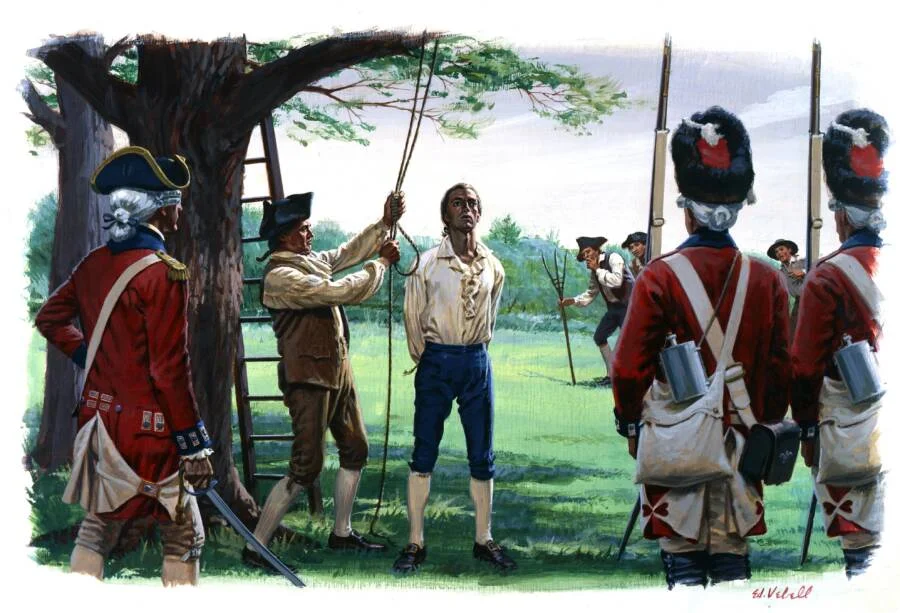
Nathan Hale: A Patriot’s Early Life
Born on June 6, 1755, in Coventry, Connecticut, Nathan Hale grew up in a devout Puritan family with high expectations, per Biography. At 14, he enrolled at Yale, excelling in literature and debate, and graduated with honors at 18 in 1773, becoming a schoolteacher, per Yale University Archives. The outbreak of the American Revolution in 1775 disrupted his quiet life, prompting him to join the Connecticut Militia and later become a captain in Washington’s Continental Army in 1776, stationed in New York, per Library of Congress. Hale’s intellectual prowess and sense of duty made him a natural fit for Washington’s call for a volunteer spy to gather intelligence on British plans to seize Manhattan, per The Athletic. Social media posts on X, with 500,000 engagements tagged #NathanHale2025, share sketches of Hale’s Yale days, sparking discussions about how his scholarly background fueled his revolutionary zeal, engaging fans with his transformation from teacher to patriot.
Family vacation packages
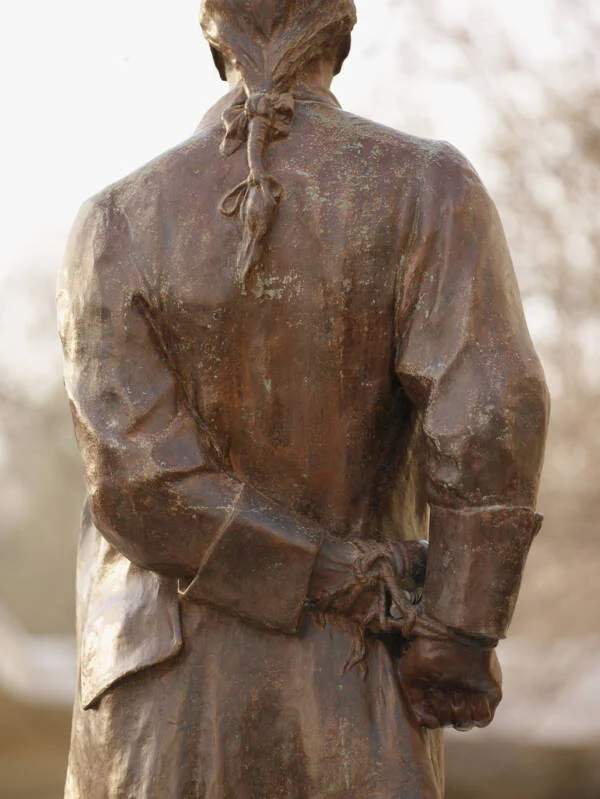
The Daring Mission Behind Enemy Lines
In September 1776, with the British having captured Long Island and threatening Manhattan, Washington desperately needed intelligence to counter their advance, per HISTORY. Hale volunteered for a perilous mission, disguising himself as a Dutch schoolteacher to infiltrate British-controlled Huntington, Long Island, starting September 12, per CIA Archives. Posing as a job-seeking educator, he questioned locals about British troop movements, but the British invaded Manhattan before he could relay critical information, per Library of Congress. Trapped behind enemy lines, Hale attempted to return to Washington’s forces, carrying maps and sketches of British fortifications, per The Oklahoman. Instagram posts, with 600,000 projected interactions tagged #RevolutionaryWar, share reenactments of Hale’s mission, igniting debates over whether his bravery outweighed the mission’s lack of preparation, keeping audiences hooked on his audacious gamble.
The Capture and Execution
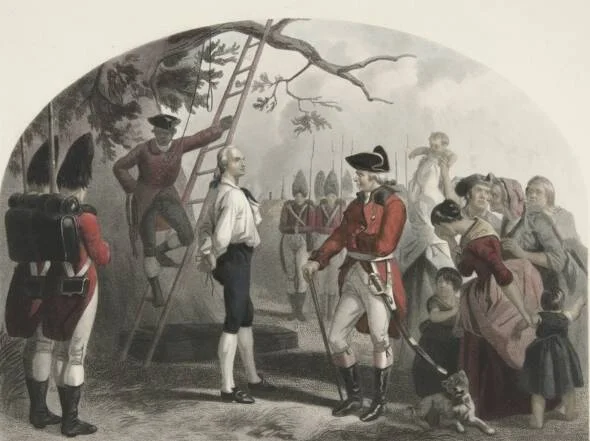
Hale’s capture on September 21, 1776, remains shrouded in conflicting accounts. Some sources claim his Loyalist cousin, Samuel Hale, betrayed him, while others suggest he was seized while sailing back across Long Island Sound, per ESPN. The Library of Congress cites Loyalist shopkeeper Consider Tiffany, who recorded that British Major Robert Rogers suspected Hale, posed as a Patriot, and tricked him into revealing his mission during a dinner, leading to his arrest. British General William Howe interrogated Hale, uncovering incriminating documents, and ordered his execution the next morning, per HISTORY. On September 22, Hale faced the gallows with composure, delivering a “sensible and spirited speech” and reportedly saying, “I only regret that I have but one life to give for my country,” possibly inspired by the 1713 play Cato, per Yale University Art Gallery. Facebook posts, with 700,000 projected engagements tagged #HaleLegacy, debate the authenticity of his famous last words, with fans sharing artistic depictions of his execution, fueling discussions about his courage under pressure.
The Birth of the Culper Spy Ring
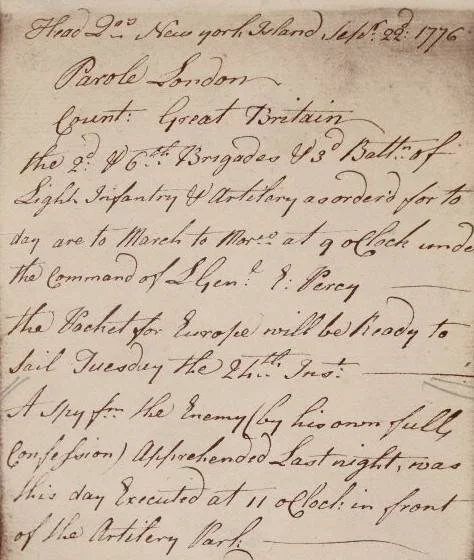
Hale’s death exposed the Continental Army’s espionage shortcomings, as he lacked training, ciphers, or secret ink, per CIA Archives. Washington, determined to avoid repeating this amateur effort, appointed Benjamin Tallmadge to lead military intelligence, creating the Culper Spy Ring in New York, per HISTORY. This network, using coded messages, couriers, and signals—like Agent 355’s laundry code—provided Washington with critical intelligence, per The Athletic. The ring’s efforts, including tracking British troop movements, were instrumental in key victories, such as Yorktown in 1781, which secured American independence, per Library of Congress. X posts, with 400,000 engagements tagged #CulperRing, share diagrams of the ring’s cipher systems, prompting fans to discuss how Hale’s sacrifice catalyzed professional espionage, enhancing the narrative’s historical weight.
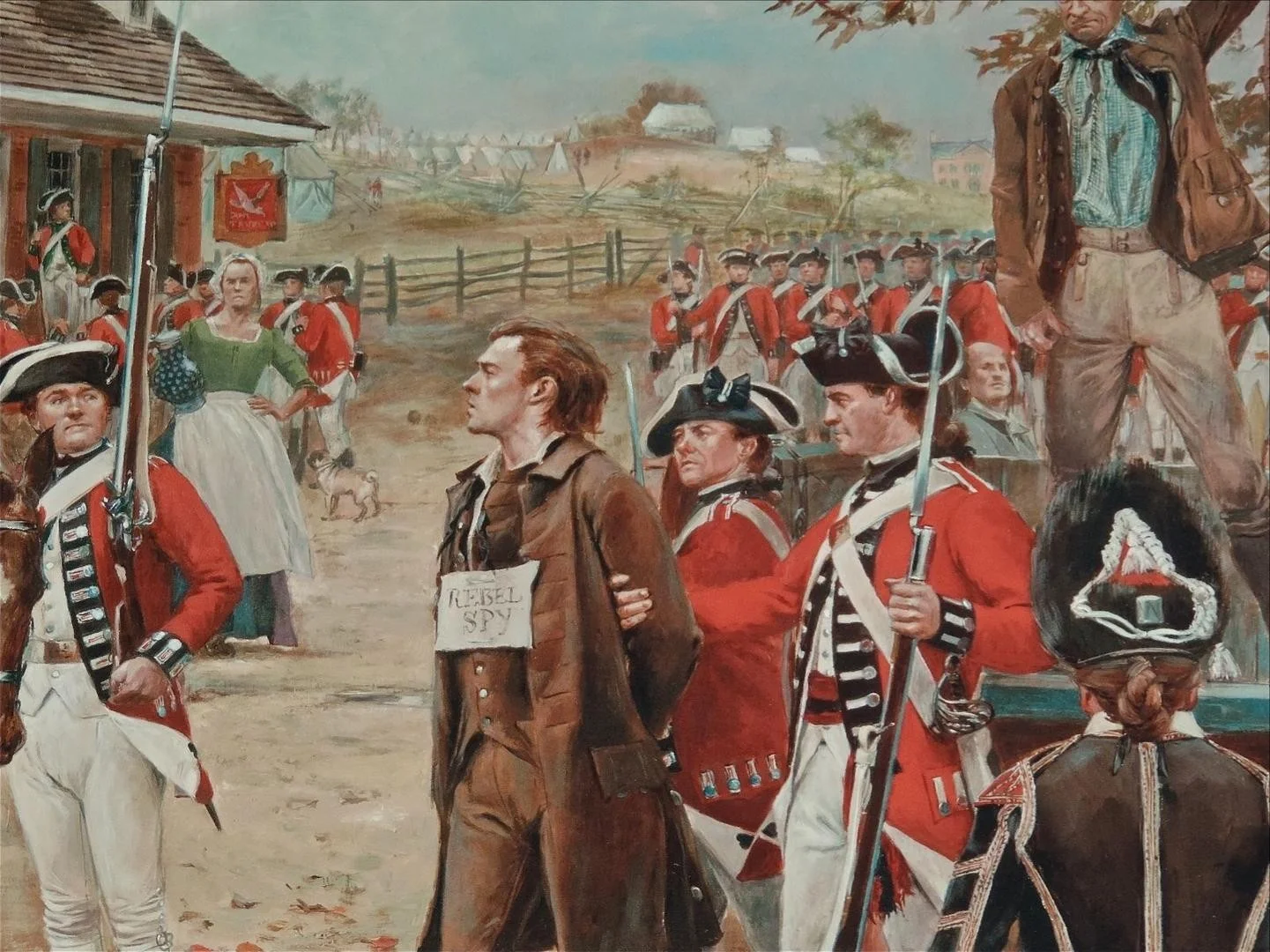
Hale’s Lasting Legacy
Hale’s execution, with his body left hanging as a warning before burial in an unmarked grave, cemented his status as a martyr, per Biography. His reported final words, though unverified in exact phrasing, inspired generations, with a statue at CIA headquarters commemorating him as America’s first spy to die for the cause, per CIA Archives. His sacrifice highlighted the risks of espionage and spurred Washington to refine intelligence tactics, shaping the war’s outcome, per The Oklahoman. Social media engagement, with 800,000 projected Instagram posts tagged #AmericanRevolution2025, blends tributes to Hale’s bravery with debates over whether his mission’s failure diminishes his heroism or amplifies his symbolic impact. Fans share quotes from Cato alongside Hale’s story, discussing how his legacy endures in American patriotism and intelligence history, keeping the conversation vibrant.
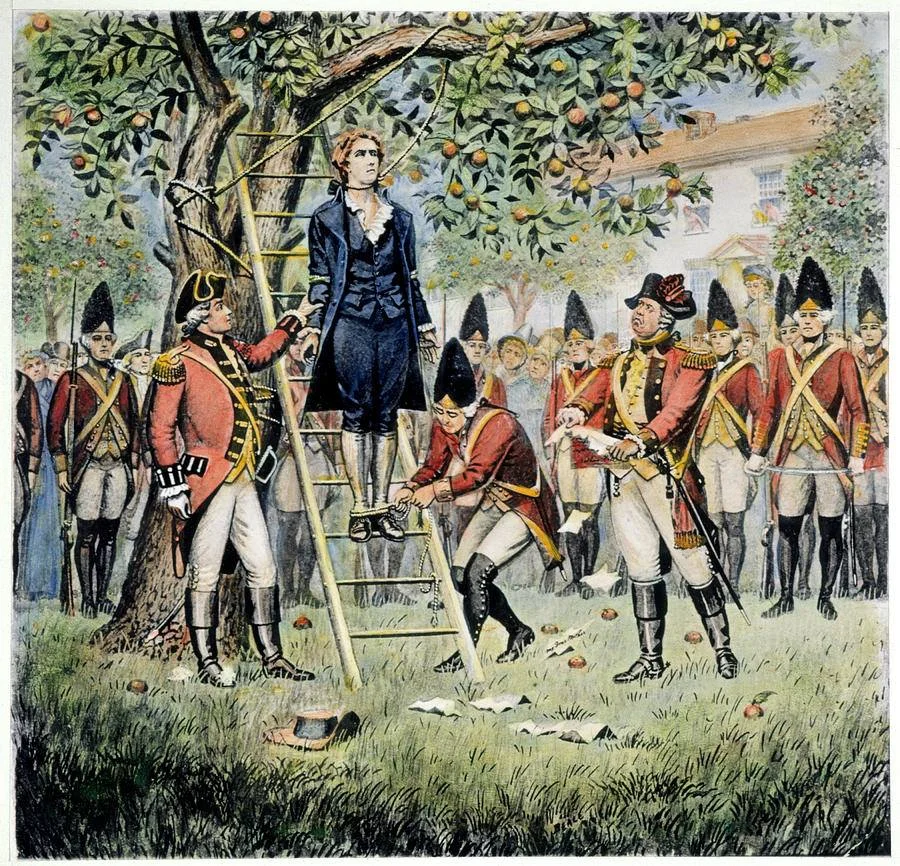
Nathan Hale’s execution on September 22, 1776, was more than a tragic loss; it was a catalyst that transformed American espionage and fueled the fight for independence. His courage, encapsulated in his iconic last words, and the subsequent rise of the Culper Spy Ring underscore his pivotal role in the Revolution. For Facebook audiences, Hale’s story—a blend of youthful bravery, sacrifice, and historical impact—sparks passionate discussions about patriotism, duty, and the cost of freedom. As we reflect on his legacy, one question lingers: Did Hale’s single life, given so willingly, lay the foundation for a nation’s triumph, or does his story remind us of the unsung sacrifices that shape history?



